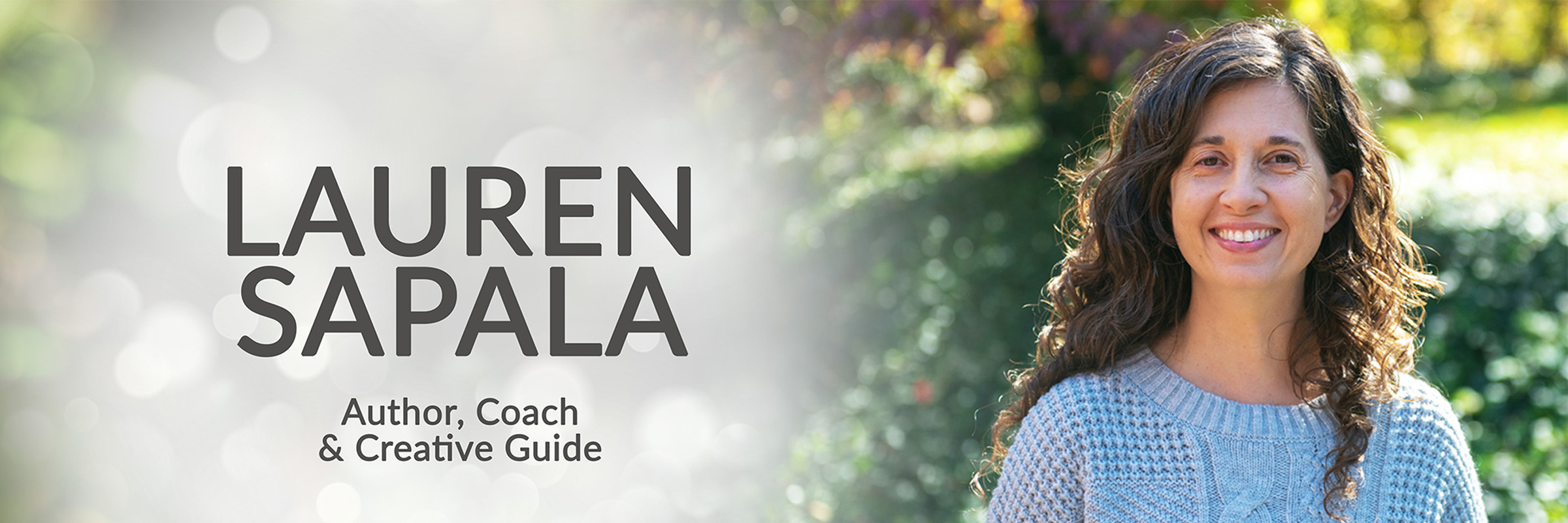
If you’re a writer with even minimal involvement in the online writing community, chances are that you’re familiar with the terms, “plotter,” and “pantser.” And if you’re a plotter who manages to successfully finish books—and by “successfully” I mean get out a sloppy first draft with a rough approximation of a beginning, a middle, and an end—then you probably don’t have much angst about being a plotter. You get an idea for a story, you work on an outline and sort out your story arc, you might even plot scene breakdowns, and then you write according to the plan, adjusting as needed. Sure, the process is still a whole huge ton of hard work, that’s what it takes to write a book, but overall you feel good about your process and it seems to work for you, especially after you’ve written your first novel and you somewhat have the hang of it.
So, what does pantsing look like? Well, most writers assume that it means exactly what the name implies. You fly “by the seat of your pants” and make up the story as you go along. And while there is some truth in that, it also doesn’t accurately cover how exactly the process unfolds as a creative cycle, or why pantsing is a better approach for some writers. As a rule, pantsing as a creative process is wildly misunderstood by most writers and so, if you are a pantser by nature, deepening your comprehension and skill set around the process of pantsing can be a long, bumpy, and very lonely, road.

